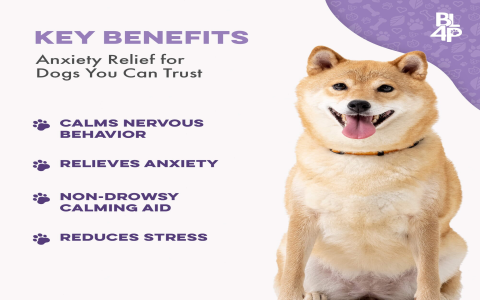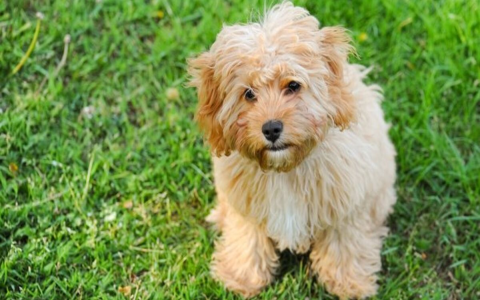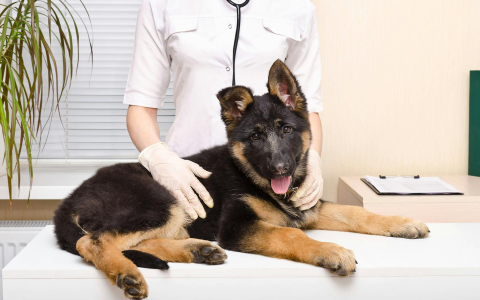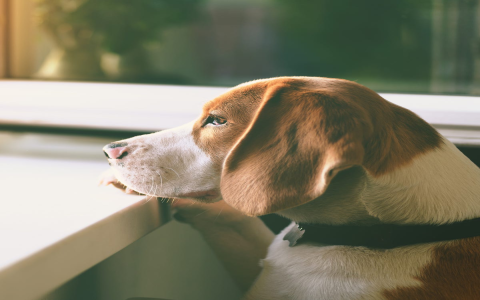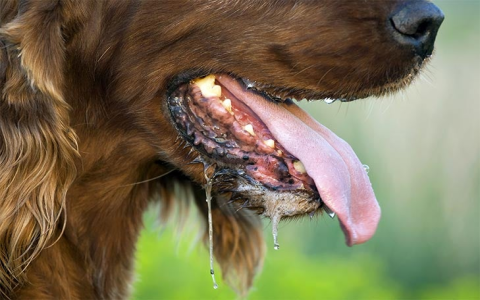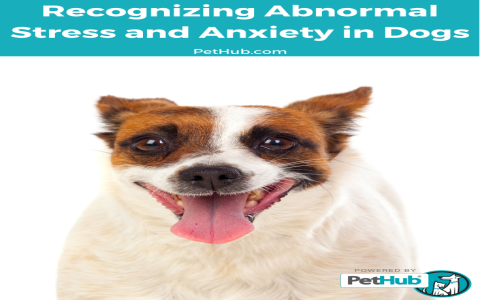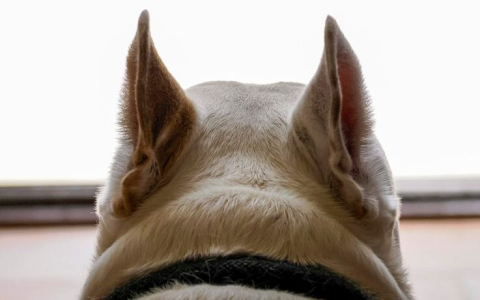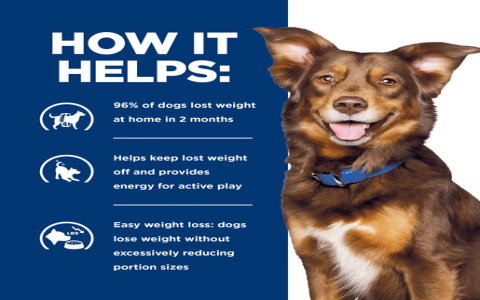Why is my puppy so calm? Find out when you can relax and when you should see a vet about low energy.
Alright, so lately I've been super curious about why my new puppy, a golden retriever named Gus, is so chill. Like, ridiculously calm for a puppy. I mean, shouldn't he be tearing around the house like a furry little tornado? So, I decided to dig in and figure out what's going on.
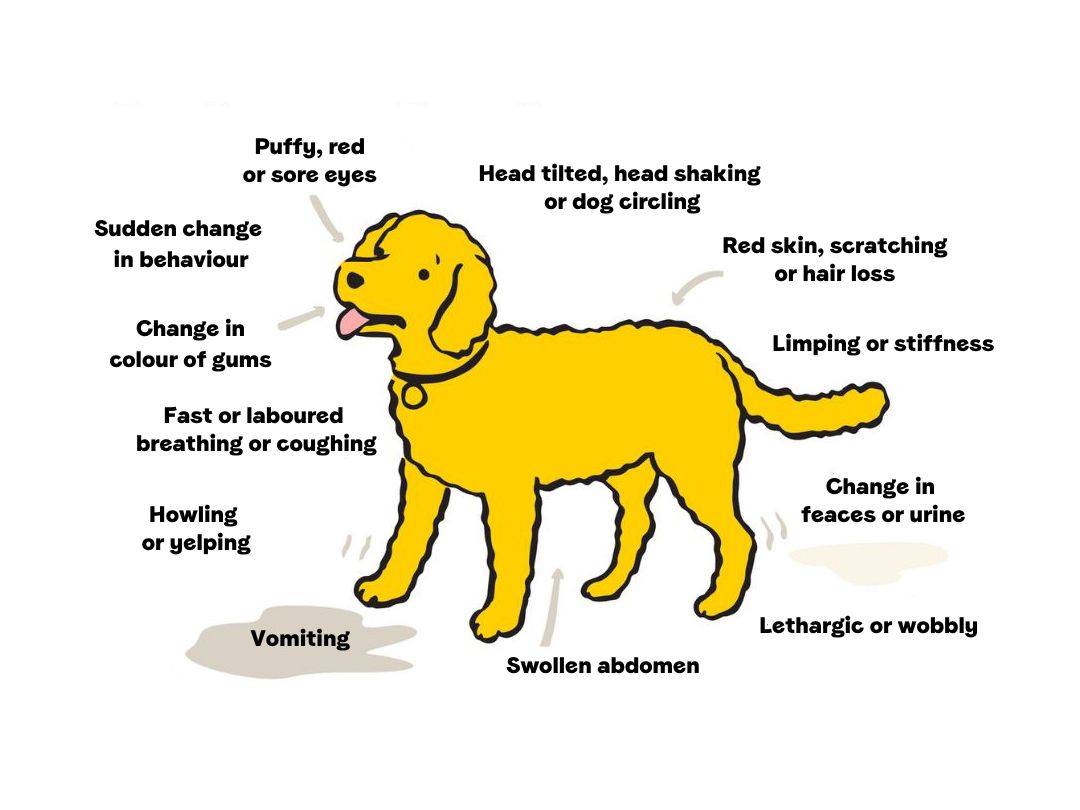
First things first, I started observing. I wasn’t just casually watching him; I was making notes. Stuff like when he's most active, what triggers him, and how long he sleeps. I even timed his naps! Sounds crazy, I know, but I wanted some real data.
Next up, I started thinking about his routine. Here’s what a typical day looks like:
- 6:00 AM: Quick potty break, then back to bed with me.
- 8:00 AM: Breakfast and a short walk around the block.
- 9:00 AM - 12:00 PM: Nap time (usually). Sometimes he'll chew on a toy quietly.
- 12:00 PM: Lunch and some playtime in the yard – fetch, tug-of-war, that kinda stuff.
- 1:00 PM - 4:00 PM: Another nap or just chilling near me while I work.
- 4:00 PM: Training session – basic commands like sit, stay, come.
- 5:00 PM: Dinner.
- 6:00 PM - 8:00 PM: More playtime, maybe a longer walk.
- 8:00 PM: Wind-down time – cuddles on the couch, gentle brushing.
- 9:00 PM: Bedtime.
So, I thought, maybe it’s the routine itself. Pretty structured, right? But then I started digging online. I googled stuff like “calm puppy breeds,” “puppy sleep patterns,” and “how to tire out a puppy.” I fell down a rabbit hole of dog forums and articles. Turns out, golden retrievers are known for being relatively calm, but still, Gus seemed extra chill.
Then, I started thinking about his breeder. I remembered her telling me she starts socialization and basic training super early. I reached out to her, and she said they use a technique called “early neurological stimulation” (ENS) with the puppies. Basically, it involves handling them in specific ways during the first few weeks of life. Apparently, this can help them develop a more resilient and calm temperament. Who knew?
After that conversation, I also considered his diet. I was feeding him a high-quality puppy food recommended by the vet, but maybe something was missing? I checked the ingredients list, and everything seemed fine. Still, I decided to add a small amount of fish oil to his food, just in case. Omega-3s are supposed to be good for brain health, right?
I also made sure he has plenty of mental stimulation. Besides the training sessions, I give him puzzle toys and rotate his toys regularly to keep him interested. I figured a bored puppy is more likely to be destructive and restless.
Finally, I consulted with my vet. I told her about Gus's calmness and asked if there could be any underlying medical reasons. She gave him a thorough check-up and said he's perfectly healthy. She agreed that his temperament could be due to a combination of genetics, early socialization, and a structured routine.
So, after all that, here's what I think I've learned:
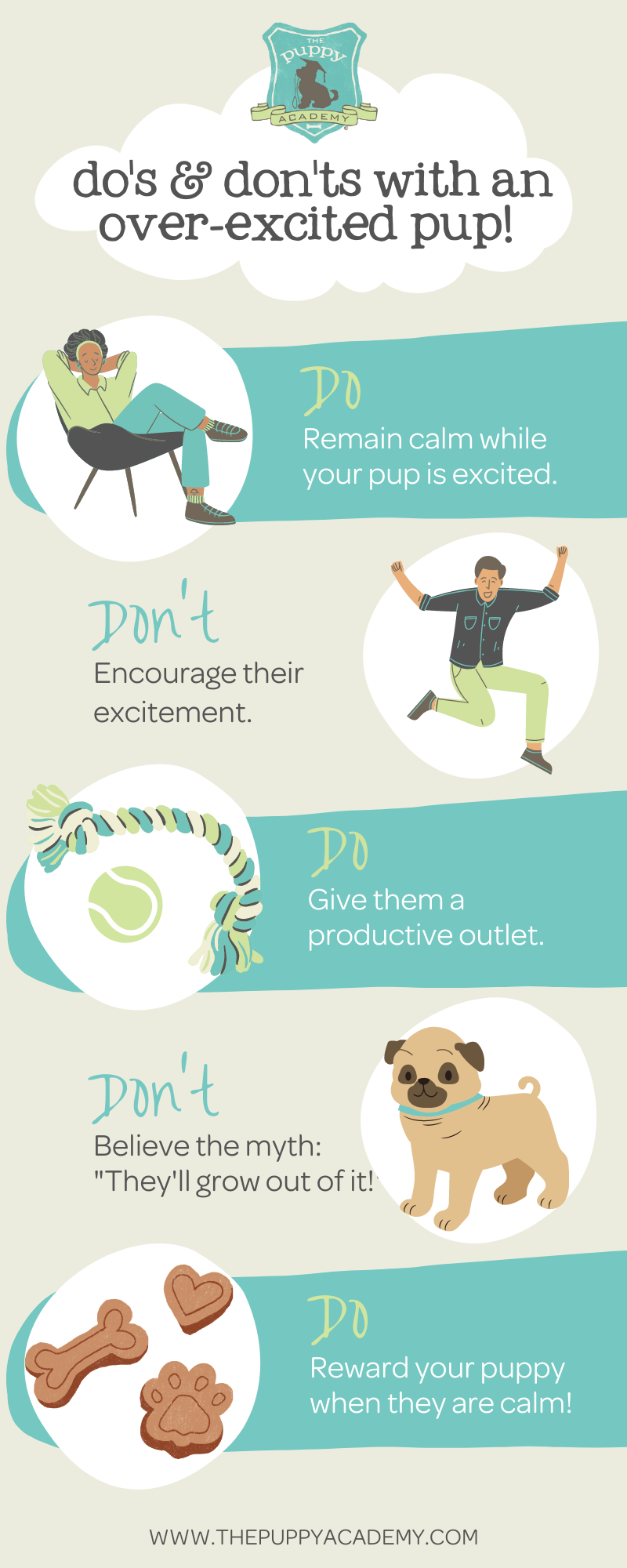
- Gus's breed plays a role. Golden retrievers are naturally pretty chill.
- His early socialization and ENS from the breeder probably made a big difference.
- His structured routine gives him a sense of security and predictability.
- His diet and mental stimulation are likely contributing to his overall well-being.
Look, I’m not a dog expert or anything. But I'm pretty sure all these things combined have resulted in one super-relaxed puppy. And honestly, I’m not complaining! It's kinda nice having a puppy who's more into naps than chaos.
